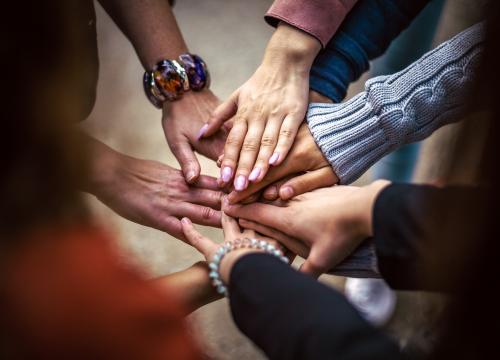Public Lecture: Michelle Gabrieloff-Parish, Energy & Climate Justice Program Manager at the CU Boulder Environmental Center, and Heidi McCann, Associate Scientist at the National Snow and Ice Data Center gave a presentation that focused on how scientists often work in and with communities whether working on research, promoting findings especially in the fields of resiliency, environment and sustainability.
Workshop: The presentation was followed by a workshop for graduate students and postdocs that examined the scientific worldview lens and explored best practices for working with communities, including developing inter-cultural awareness, conducting research so that communities benefit, and understanding the value of local communities (including disenfranchised communities) and “informal” knowledge.
The Engaged Scientist series was coordinated by CU's Albert A. Bartlett Center for Science Communication, CIRES Education and Outreach, INSTAAR, and Learn More About Climate at the Office for Outreach and Engagement.
Context for Use
This workshop was part of the Engaged Scientist Series. Although the workshop has concluded, resources are available below.
Goals Header
Goals
The goals of this workshop were to:
- Look at relevant, mini case-studies
- Look at cultural communication and behavior patterns
- Work through equity and justice dilemmas for community-engaged research
- Discuss how to initiate and strengthen community partnerships




